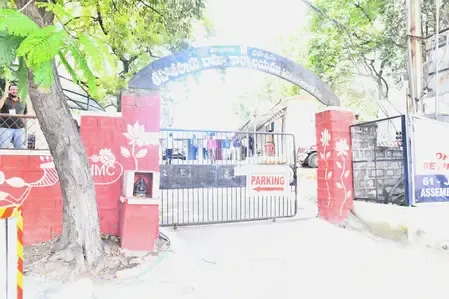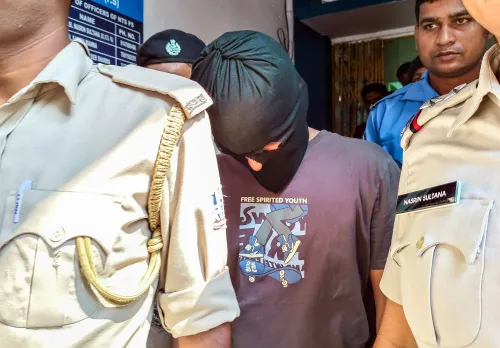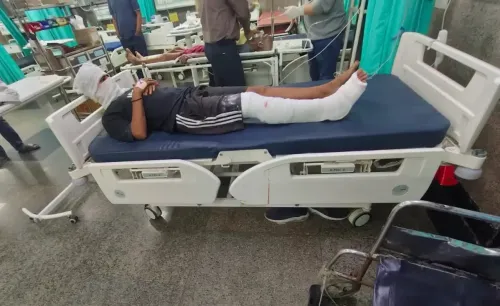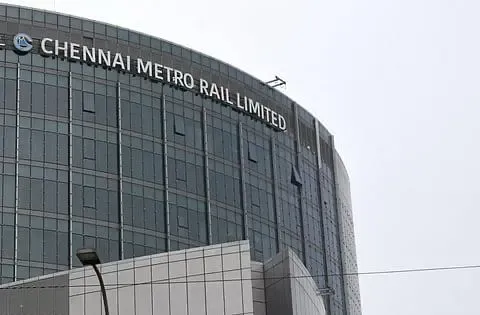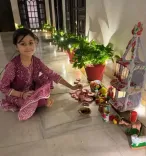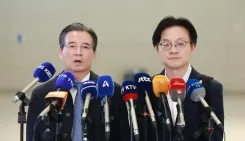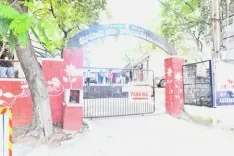Is the Pradhan Mantri Awas Yojana a Game Changer for the Poor in Shajapur?
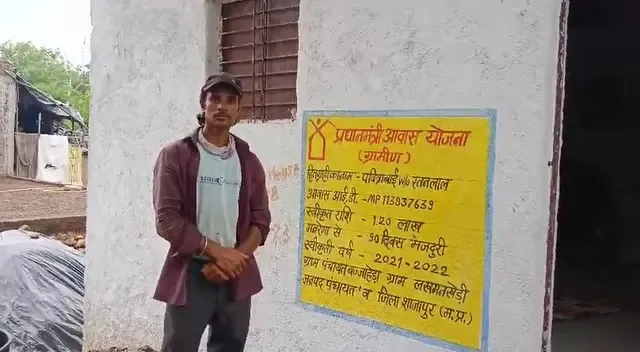
Synopsis
Key Takeaways
- PMAY is a transformative housing scheme for the underprivileged.
- Beneficiaries receive financial assistance to build permanent homes.
- The scheme addresses the rural housing deficit significantly.
- PMAY aims for 'Housing for All' by 2022.
- Continued funding is essential for expanding the program.
Shajapur, Oct 21 (NationPress) The Pradhan Mantri Awas Yojana (PMAY), a visionary program initiated by Prime Minister Narendra Modi, is turning out to be a significant blessing for the impoverished in Shajapur, Madhya Pradesh.
Through this initiative, participants receive financial support to build sturdy homes, enabling them to enjoy a secure and dignified existence. Rolled out extensively across the nation, this program has positively impacted millions of disadvantaged families. Those who previously lived in slums or makeshift shelters are now achieving their aspiration of owning a permanent residence.
Beneficiaries have conveyed their heartfelt thanks to Prime Minister Modi, asserting that the scheme has become a cornerstone of assistance for the needy. They noted that this initiative has not only provided them with solid homes but has also instilled fresh hope and confidence in their futures.
Numerous recipients have expressed their hope for the continuation of the program for many more years, allowing additional families in poverty to reap its benefits. They commended the government’s dedication to uplifting the underprivileged, deeming the scheme as a remarkable gift from the Prime Minister.
Inaugurated on April 1, 2016, the Pradhan Mantri Awaas Yojana – Gramin (PMAY-G) represents the government's flagship mission under the Ministry of Rural Development (MoRD) and is executed in partnership with the Ministry of Housing and Urban Affairs (MoHUA). PMAY-G seeks to provide permanent homes equipped with basic amenities to all houseless individuals and those residing in inadequate or dilapidated structures.
This program tackles the rural housing crisis and helps alleviate the housing deficit in rural regions, making a significant contribution towards the vision of "Housing for All."
Beneficiaries are selected using the Socio-Economic and Caste Census (SECC) data and are verified by Gram Sabhas.
The Union Cabinet has sanctioned the implementation of PMAY-G for the years 2024–25 to 2028–29, aiming to build an additional 2 crore homes.
The ministry has earmarked a total of 84,37,139 houses for the year 2024–25 across 18 states, including Chhattisgarh. Out of these, a target of 46,56,765 houses has been set from December 2024 to January 2025 across nine states. As of February 2, 2025, 39,82,764 houses have already received approval.

